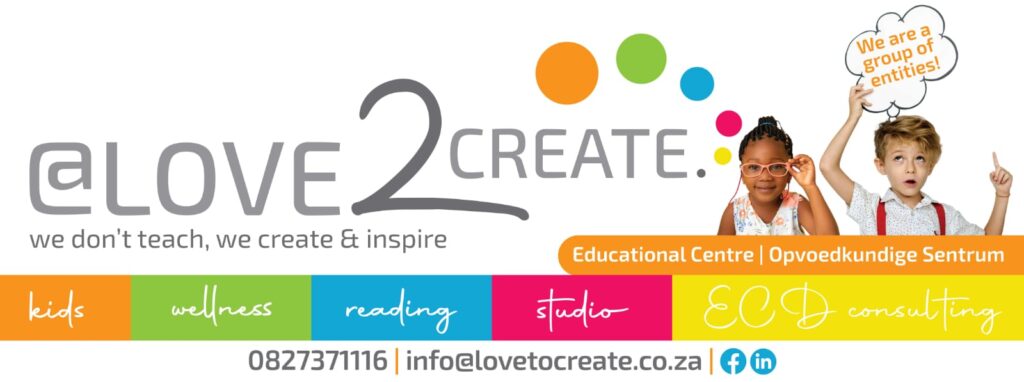Learning to READ is a transformative skill that opens up a world of knowledge, imagination, and communication. For beginners, whether they are young children or adults learning a new language, certain fundamental elements are crucial for developing strong reading abilities. These elements include phonemic awareness, phonics, vocabulary, fluency, and comprehension. Each of these components plays a vital role in the reading process, and together, they form the foundation of proficient reading.
1. PHONEMIC AWARENESS
Phonemic awareness is the ability to hear, identify, and manipulate individual sounds (phonemes) in spoken words. It is a critical pre-reading skill that helps learners understand that words are made up of smaller sound units. Activities that enhance phonemic awareness include rhyming games, segmenting words into individual sounds, and blending sounds to form words. For example, recognizing that the word “cat” is composed of the sounds /k/, /æ/, and /t/ is an exercise in phonemic awareness. This skill is essential because it lays the groundwork for phonics instruction.
2. PHONICS
Phonics involves the relationship between sounds and their corresponding letters or groups of letters. It is the method by which learners decode written language by sounding out words. Phonics instruction typically starts with simple letter-sound relationships and gradually progresses to more complex patterns, such as blends, digraphs, and diphthongs. For instance, understanding that the letter “b” represents the /b/ sound and that “sh” represents the /ʃ/ sound is fundamental to phonics. Phonics is a crucial step in learning to read because it enables beginners to decode unfamiliar words independently.
3. VOCABULARY
A robust vocabulary is essential for reading comprehension and overall literacy. Vocabulary development involves learning the meanings, pronunciations, and spellings of words. For beginners, vocabulary instruction can include explicit teaching of new words, exposure to a variety of texts, and engaging in conversations that introduce new vocabulary in context. Reading aloud to beginners and discussing the meaning of words in the story can significantly enhance their vocabulary. A strong vocabulary helps readers understand and make meaning of the texts they encounter.
4. FLUENCY
Fluency is the ability to read text accurately, quickly, and with proper expression. Fluent readers recognize words automatically and read smoothly, which allows them to focus on understanding the text rather than decoding individual words. To develop fluency, beginners can engage in repeated reading of familiar texts, practice reading with a partner, or use guided oral reading strategies. Fluency practice helps readers develop a natural rhythm and improves their overall reading experience.
5. COMPREHENSION
Comprehension is the ultimate goal of reading—it is the ability to understand and interpret what is read. Comprehension involves not only understanding the literal meaning of the text but also making inferences, predicting outcomes, and connecting the text to prior knowledge. Strategies to improve comprehension include asking questions about the text, summarizing passages, and discussing the content with others. Beginners should be encouraged to think critically about what they read and to express their thoughts and opinions about the text.
CONCLUSION
Reading is a complex process that requires the integration of various skills. For beginners, mastering the fundamental elements of phonemic awareness, phonics, vocabulary, fluency, and comprehension is essential. These components work together to build a strong foundation for reading success. By focusing on these key areas, educators and parents can support beginners in their journey to becoming proficient and confident readers. The ability to read opens up endless opportunities for learning and growth, making it one of the most valuable skills a person can acquire.




